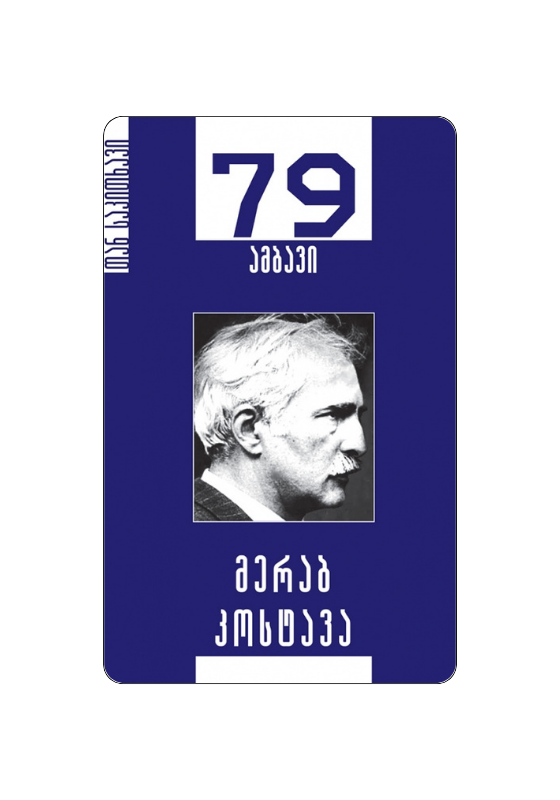
| გამომცემლობა | არტანუჯი |
|---|---|
| ISBN | 9789941504679 |
| გვერდები | 230 |
| ფორმატი | 14.50/20 |
| გამოცემის თარიღი | 2023 |
| ყდა | რბილი |
| სტატუსი | გაყიდვაშია |
In 1978, it had been a long time since Georgia lost its independence, and Soviet Russia tried new methods in the conquered country to destroy everything that defined the nation’s identity.
In 1978, it was the turn of the Georgian language. During the adoption of the new constitution, the article that granted Georgian the status of the official language was removed. Constitutions had been updated before, but the status of the Georgian language, which was defined at the legislative level for the first time in 1921 by the first constitution of the independent Republic of Georgia, never changed. Never, until 1978…
Georgia immediately realized the danger which was followed by an instant reaction. The stories presented in the book bring to life the protests held in Tbilisi and Batumi in 1978 to protect the status of the Georgian language.
At first glance, the oral accounts of the active participants of the protest describe a spontaneous student uprising which first took place on April 14 in Tbilisi surrounded by tanks and at the risk of their lives and then continued in Batumi. These processes were followed by a chain of consequential events. The new stage of the national liberation movement began with the April 14 demonstration and ended with the restoration of the country’s independence in 1991.
The publication also includes speeches by Georgian scientists and writers in various institutions during the discussion of the new draft of the constitution, citizens’ letters of objection, and other archival materials like photos and articles.
Compiled by Ana Bakanidze





